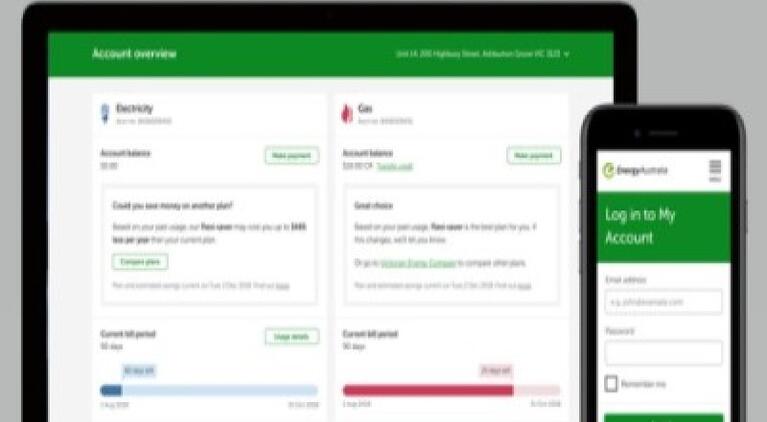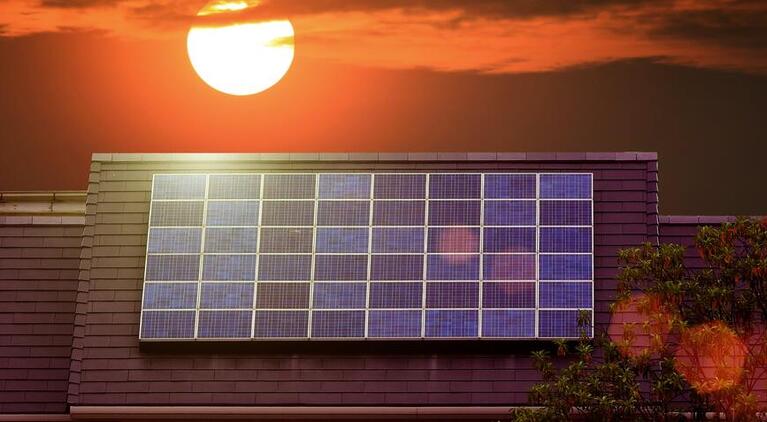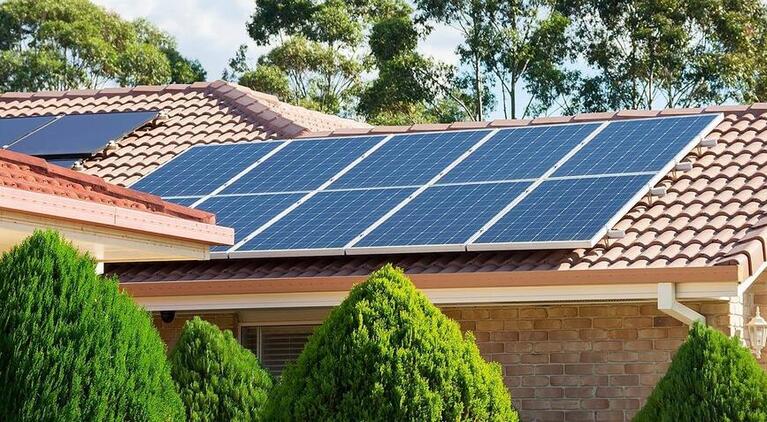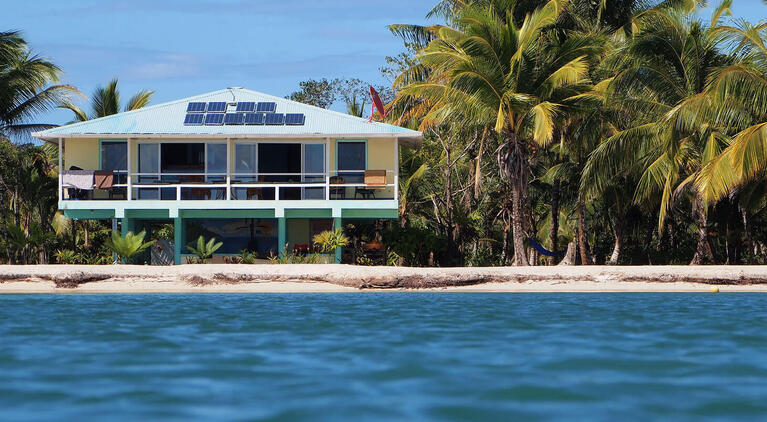The bright sides of solar
Solar energy is cleaner energy. It reduces your reliance on the electricity grid because you’re generating your own power from the sun.
A huge benefit of solar energy can be lower electricity bills while reducing your carbon emissions. Plus, with a battery system you can store your unused power for later (regardless of the weather) or send (sell) it back to the grid. The value of your house can also be increased with solar power, so it can be a good long-term investment that requires low maintenance overall too.
Rebates and incentives
There are several incentives and rebates available on a federal, state and local council level for those interested in either a solar or battery installation, or both.
Incentives and rebates like the small-scale technology certificates (STC), Cheaper Home Batteries program, Solar Victoria Photovoltaics (PV) incentive, Victorian Energy Efficiency Certificate (VEEC) and Peak Demand Reduction Scheme (PDRS) may help reduce the cost of solar or battery equipment and installation.
Speak to one of our experts to find out what incentives and incentives may be available to you.
Why EnergyAustralia?
Our team of energy solutions consultants have installed thousands of solar PV and battery storage systems around Australia. Our experience is underpinned by a commitment to quality products, installation and solar industry best practice. EnergyAustralia is committed to making the transition to cleaner energy simple for customers by offering home energy solutions such as solar and battery systems. Learn more
Our products
FAQs
Environmental
When you switch to solar energy, you play a key role in Australia’s shift towards clean and renewable power. This is because solar energy comes from sunlight, making it a sustainable source of energy which does not produce any direct greenhouse gas emissions.
Financial
Solar energy can reduce your electricity bills because by generating and using your own power, you’re using less power from the grid. You can sell unused excess power back to the electricity grid if you choose.
Low maintenance, more value
Aside from routine maintenance, cleaning and health checks, your solar system will largely be set-and-forget (plus you’ll add value to your home ).
Solar panels are installed in a non-shady spot so that they can capture the sun’s energy. This energy is captured as direct current (DC) and must be converted to alternating current (AC). It’s then sent to an inverter to be converted for use in your home or office. This power can be sold back to the grid or stored in a battery if it’s not used immediately.
On sunny days, your solar panels may capture more energy than you actually use. When that happens, excess energy is either stored in a local battery for later use or sold back to the grid.
This means that during the cloudy days, if you have bought and installed a battery, energy you’ve stored in the past can be drawn from it. If you didn’t store energy and your panels aren’t generating enough energy to power your home, additional energy will be purchased from the grid.
Although cloudy days don’t generate as much energy, the sun’s UV rays still provide some power.
In Australia, north-facing roofs with minimal shade and enough space are ideal for installing solar panels. However, there are often workarounds if your home doesn’t have the ideal roof for solar panels– you can discuss these with one of our energy solutions consultants.
Several factors impact your roof’s suitability for solar:
- Roof area and shading: the size of your roof, and how much sun it gets, can affect your house’s suitability for a solar system.
- Roof material and pitch: the pitch (or angle) of your roof can impact generation, ability to install, and price. Certain roof materials are not suitable for solar installs, such as slate, shingle, concrete.
- Direction: the ideal roof will face north, but it’s still possible to install on east and west-facing roofs.
- Your current switchboard: Your meter box, fuse box, electrical wiring and switchboard must be electrically compliant and solar-ready. You can check this with your energy retailer and/or distributor.
If you’re unsure about your roof and property’s solar compatibility, please get in touch.
You can get more out of your solar power system with a battery, including the following benefits:
- You could help reduce your energy costs during peak times.
- You can monitor how much energy your solar system is producing.
Nationwide
The incentives can apply in conjunction to each other.
The Small-scale Technology Certificates (STC) are generated under the federal government small-scale renewable energy scheme. Depending on the individual circumstances of the applicant, solar PV systems under 100 kW may qualify for STCs which are applied as a discount off your quote.
From 1 July 2025, the federal government’s new Cheaper Home Batteries Program is expected to launch, offering up to 30% off the cost of purchasing and installing a home battery system. The Cheaper Home Batteries Program is a federal government initiative designed to make home battery storage more accessible and affordable for Australians.
Victoria
You may be eligible for the Solar Victoria Photovoltaics (PV) incentive of $1,400.
The Victorian Energy Efficiency Certificate (VEEC) scheme may be leveraged for solar installations along with the Federal government’s incentives.
New South Wales
The Peak Demand Reduction Scheme (PDRS) provides financial incentives to households to reduce energy consumption during periods of high demand. Incentives are available for installing eligible battery energy storage systems.
Talk to one of our experts to understand what incentives and incentives you may be eligible for.

NETCC Approved Seller
We’re a New Energy Tech Consumer Code (NETCC) Approved Seller using CEC accredited designers, installers and A Grade electricians for your solar PV system. Learn more.









